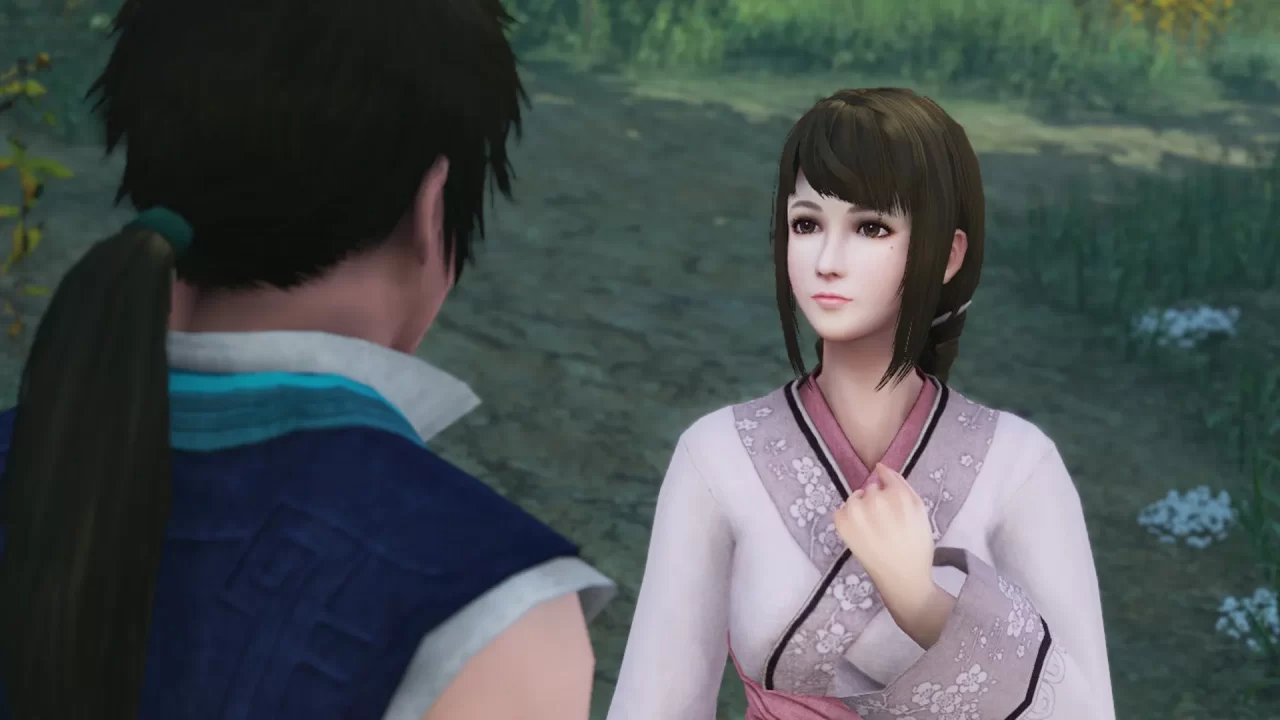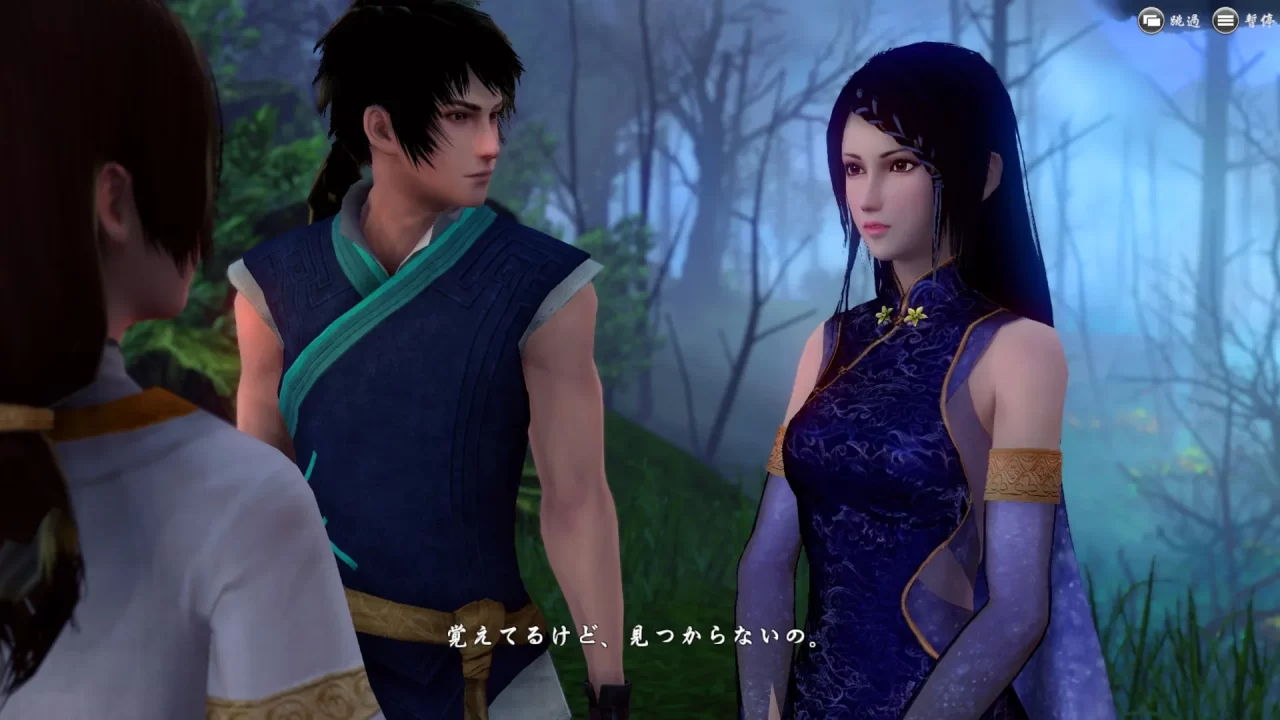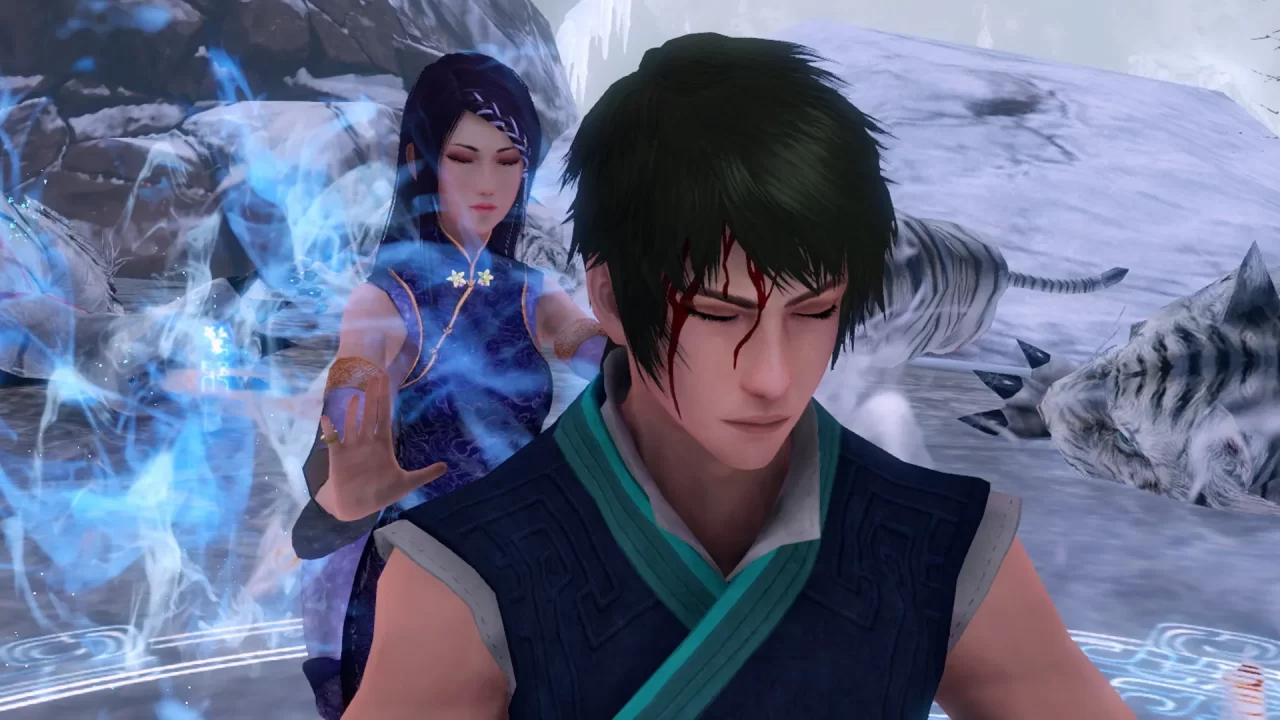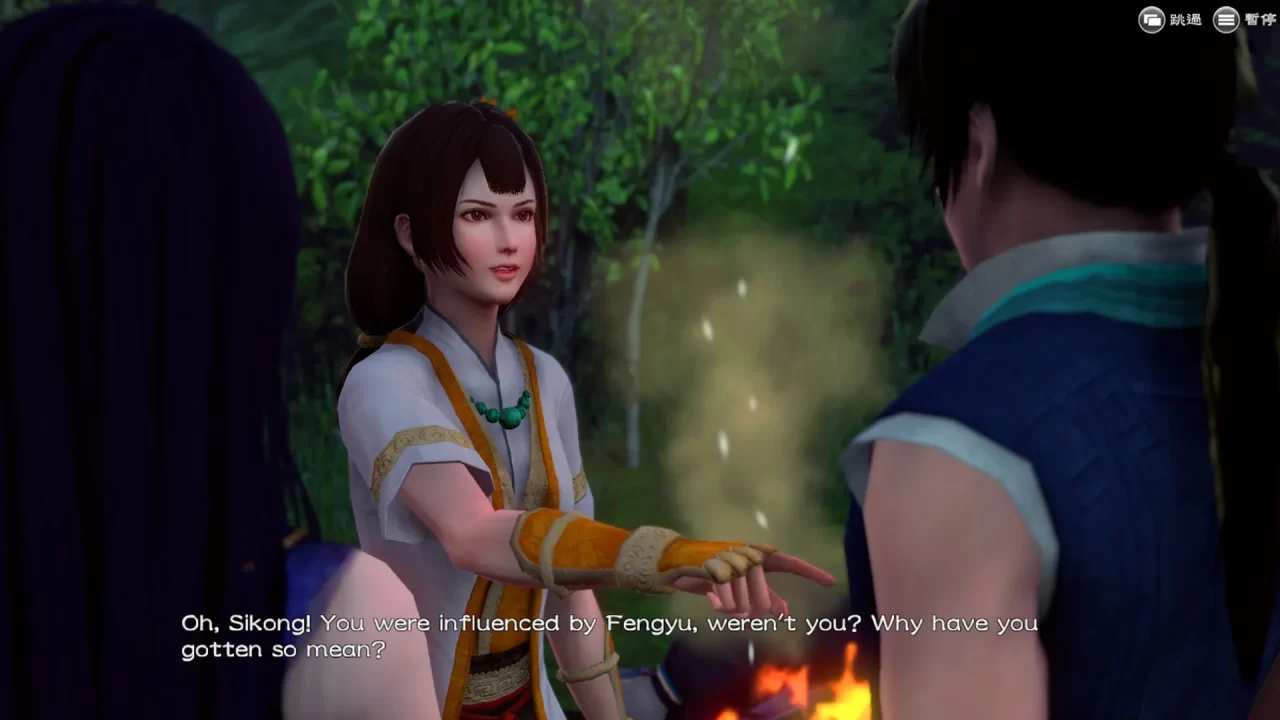Xuan Yuan Sword: The Gate of Firmament is the latest entry in the long-running Xuan Yuan Sword series from Softstar Entertainment, with the first game appearing in 1990. Until this point, I have never given it a try. Our very own Audra Bowling reported a positive experience with the most recent title in her Xuan Yuan Sword VII review, so I jumped into this “new” title with enthusiasm and excitement. Not to bury the lead, those emotions were extinguished more quickly than a Chinese Lantern landing in a river.
The Gate of Firmament dates from 2015 when it appeared on Steam. At that time, it was the first game in the series to be released in English. So, you would expect them to have pulled out all the stops to make sure this was a great debut. Right? Right?
Nine years later, I’m playing the game on PS5, and I’m introduced to Sikong Yu, a young man from a small village in the woods, as he discusses the traps he has set up around the homestead with his sister. She appreciates his efforts and helps him name them, but the rest of the villagers are disdainful and think his machinations are a waste of time. Soon, his sister wanders away and is captured by roving bandits. Sikong Yu sets off to save her. During the rescue, he meets an immensely strong and perpetually hungry young girl named Zi Qiao, who helps him escape with his sister and another captive, a mysterious woman with magical powers named Muyue. When he returns, the townsfolk inform him that they have had enough of his antics, so they kick him out, giving him the ostensible mission of escorting Muyue back to her homeland, with the slight problem that she cannot remember where it is. Together with a feckless young noble named Fengyu whom they meet along the way, they travel across the land for an interminable amount of time, droning on at each other and occasionally hitting things.
Firing up this game is like that bit in Gremlins where they visit the antique shop in Chinatown and walk away with a box containing a cute and cuddly creature. Little do they know the horrors that lurk within. We can forgive a decade-old game from a smaller studio for not looking like the latest AAA offering, but this is so far from that it’s in another universe. The character models look like something out of the original Kingdom Hearts, if somebody had created that game by wishing on a cursed monkey’s paw. They are unnaturally doll-like in appearance and so poorly animated it should be comical, but it definitely, traumatizingly isn’t. For some reason, whenever anyone speaks, they stare blankly into the middle distance, refusing to make eye contact with the other characters, as if they are appearing in a high-school play and all the players barely remember the lines. When turning around, they occasionally rotate but more often will do an immediate about-face, like a paper cut-out that has been flipped over.
The environments fare little better. Whether forest glade or icy mountain, they all share a common quality: absolute soul-crushing banality. They lack detail, with crude textures abounding, and more than this, there is no spark of invention. No matter what the setting is, you’ve seen it all before, and in every case, you’ve seen it better.
By far the greatest crime is the translation, which is appalling. It was either handled in a rushed or careless way, or it was hastily run through a translation program — I’m not quite sure which. Spelling and grammatical errors abound, by which I mean they occur in nearly every sentence. Worse than this, the lines frequently make absolutely no sense, leaving you perplexed as to what is actually going on.
This might approach acceptable in an action game where dialogue is secondary to gameplay, but The Gate of Firmament is not that game. Lengthy cutscenes surround each series of combat encounters, often lasting ten minutes or more, during which you stare at the characters as they jerkily emote to each other, spouting nonsense for endless periods while you pray for them to stop. Then, you regain control, walk ten paces, and get hit with another. A competent, or heaven forbid, a good translation would undoubtedly have elevated the experience, or at least made it bearable. I cannot comprehend why, in an RPG relying so intensely on its storytelling, this aspect of the game wasn’t of absolute paramount importance. It is unforgivable that Softstar Entertainment has not taken the opportunity to rectify this travesty when approaching this re-release.
The same lack of care also applies to supplying background information. The potential appeal of the series is the Chinese mythology it draws from. Much of this relies on information the original audience may not know, so The Gate of Firmament could have made additional effort to make this more approachable for the rest of the world who might not be informed. I would love to be drawn in by these tales of ancient Chinese cultures, gods, magic, and mayhem: to learn from creators while I enjoy their work. Even an in-game encyclopedia with entries to explain what I’m missing, while clunky, would be an improvement. Instead, there are absolutely no concessions, and when you combine this with the mangled narrative, bad times ensue.
Then there is the gameplay itself. The Gate of Firmament is an action RPG, where abilities work on cool-down periods. You use “martial arts” by entering a sequence of button presses, with more becoming available as the game progresses. You unlock different skills by earning skill points as you level up, which you spend on a grid, with unique abilities for every character. Each of the protagonists is aligned with a particular element (earth, fire, wind, and water), and their spells correspond to these accordingly.
What this actually boils down to, though, is spamming one button until you get to the end of a fight, sometimes healing if you need to. I often found myself looking at my phone, reading a colleague’s review, or seeking any form of escape that would remove me from this tedium, which had no detrimental effect on my ability to make it through the fights. This is strange, as I often love the grind, but there is little fun here, no satisfaction in launching an attack, no joy when your mightiest blow lands, just the sense of your life slowly, inevitably, draining away. To top it all, the game ends with a series of boss fights where the difficulty suddenly shoots through the roof, with enemies using cheap tricks and tactics that force you to adopt ridiculous strategies to succeed. One key boss kept healing itself, making a dull encounter last about as long as the historical period the game takes place in.
There is also a comedy pig, which “hilariously” makes the same squealing sound (voiced by an overly keen human actor) over and over again. Zi Qiao jokes about eating it, but I swear, I would have turned it into a bacon sandwich in the first five minutes of the game if I could.
If there is one phrase I would use to describe this production, it is “low effort.” Everything feels underbaked, such as the limited and distinctly average selection of music tracks used in the game’s lengthy duration. There are some quite good vocal pieces at the beginning and in the game’s conclusion, but this does not present enough variety to salvage the soundtrack. A few times, the story breaks for a “special” animated cutscene, which looks like it’s made on a random PC in the early noughts. The subtitles are sloppily overlaid straight onto the screen with no border, often making them indecipherable.
The sad thing is, there are glimmers of something better. The four main characters have the potential to be appealing, with interesting backstories and some good interaction between them. This is aided by some competent performances by their respective voice actors, although undercut by the messy translation. There is a grandeur hiding behind the failure, like finding the gilt edges on some faded theatrical scenery. For all my displeasure, I would like to see this studio approach similar subject matter again, but this time with more respect for the audience. It would take some serious persuasion to bring me back into the fold. I cannot see that happening for a very, very long time.






